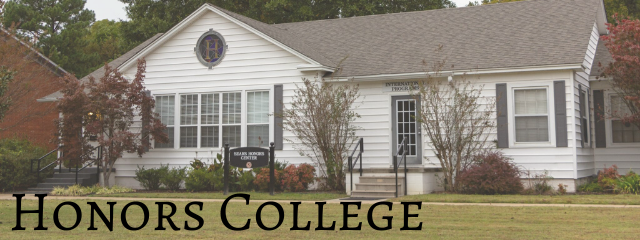
Honors Theses
Document Type
Thesis
Date of Completion
Spring 4-29-2022
Academic Year
2021-2022
Department
Behavioral Sciences
Academic Major
Cognitive Neuroscience
Faculty Advisor
Allison D. Gutierrez, Ed.S.
Faculty Advisor
Jeremiah Sullins, Ph.D.
Abstract
In the current age, social media plays a large role in daily life. Although there have been massive advancements through social media, there have also been disadvantages due to its prominence. One such disadvantage is the dissemination of misinformation through social media platforms, especially during the COVID-19 pandemic. There are many aspects affecting the social media posts we find credible. This study investigated the different evaluations of COVID-19 credibility ratings in groups with varying political affiliations (conservative and liberal) and primary news sources (social media and newspaper). Misinformative posts along with true posts were used to garner credibility ratings and COVID literacy scores were gathered based on the KAP (knowledge, attitudes, and practices) towards COVID scale. The study had two major hypotheses: 1) There will be a difference between groups of those who classify themselves as politically liberal and those who classify themselves as politically conservative. 2) Those who use social media as their main source of news will rank the misinformative posts with higher credibility than those who use the newspaper as their main source of news. The results indicated no difference between groups with differing news sources. However, there was a difference between groups based on their political affiliations (p=<.001). The results indicated continuity with other current research regarding the impact of social media misinformation.
Recommended Citation
Long, Grace T., "The Effects of Twitter Posts Regarding COVID-19 Information on the Viewer’s Perception of Credibility: A Study on Misinformation" (2022). Honors Theses. 15.
https://scholarworks.harding.edu/honors-theses/15

